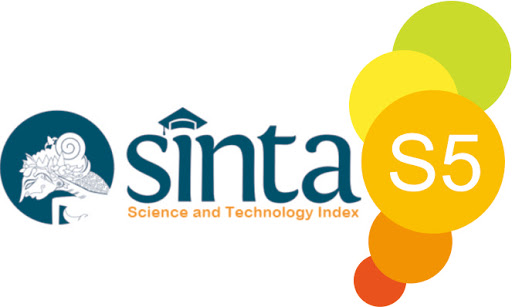The Influence of Leadership Style, and Emotional Intelligence on Employee Performance (Study at PT. PLN Customer Service Implementing Unit in Medan)
DOI:
https://doi.org/10.32734/abdimastalenta.v8i2.11416Keywords:
Leadership Style, Emotional Intelligence, Employee PerformanceAbstract
Leadership style is a characteristic that is described by a leader in leading his subordinates to achieve a certain goal. Supported by good emotional intelligence will create optimal performance. This study aims to determine the effect of leadership style and emotional intelligence on the performance of employees of PT. PLN Medan Customer Service Implementation Unit. The form of research conducted is quantitative research using an associative approach. Sampling through nonprobability sampling technique using 56 samples of respondents. Methods of data analysis using validity test, reliability test, classic assumption test, multiple linear regression analysis, and hypothesis testing. The results showed that the leadership style variable (Xâ‚) did not significantly influence employee performance. Meanwhile it is known that the emotional intelligence variable (Xâ‚‚) has a significant effect on employee performance. The results of the test for the coefficient of determination show that there is a fairly close relationship between leadership style and emotional intelligence on employee performance with an R value of 0.432. Through the adjusted R square value, it is also known that the variables of leadership style and emotional intelligence contribute 15.6% to employee performance variables while the remaining 84.4% are influenced by other variables not discussed in this study.
Downloads
Downloads
Published
Issue
Section
License
Copyright (c) 1970 ABDIMAS TALENTA: Jurnal Pengabdian Kepada Masyarakat

This work is licensed under a Creative Commons Attribution-ShareAlike 4.0 International License.
The Authors submitting a manuscript do so on the understanding that if accepted for publication, copyright of the article shall be assigned to Jurnal Abdimas TALENTA as well as TALENTA Publisher Universitas Sumatera Utara as the publisher of the journal.
Copyright encompasses exclusive rights to reproduce and deliver the article in all forms and media. The reproduction of any part of this journal, its storage in databases and its transmission by any form or media, will be allowed only with written permission from Jurnal Abdimas TALENTA.
The Copyright Transfer Form can be downloaded here.
The copyright form should be signed originally and sent to the Editorial Office in the form of original mail or scanned document.












